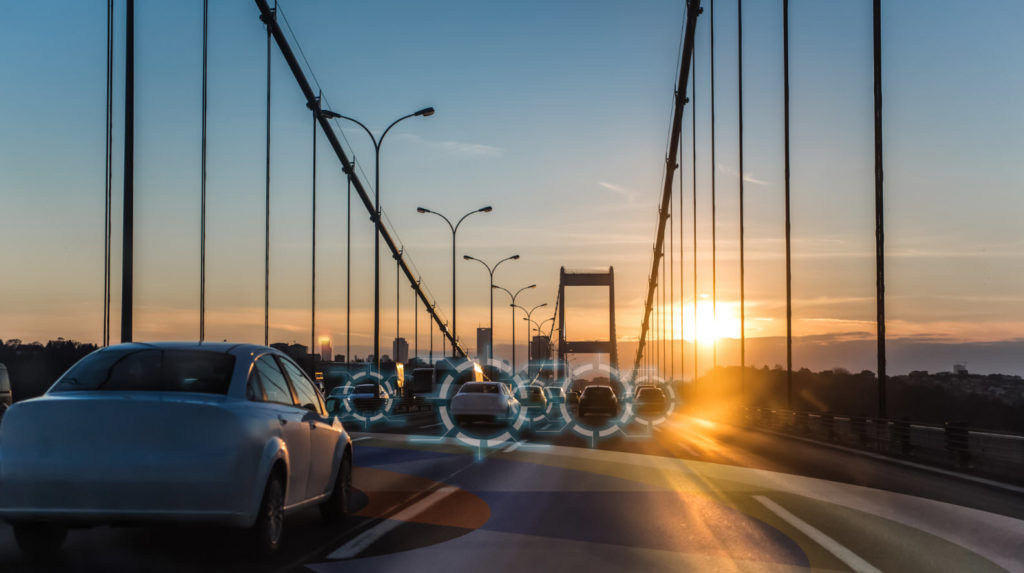AI: What is its Role in the Automotive Industry
Artificial intelligence and cars sounds like something from a mid-80’s popular serial show. A smart car—how can that be?
Well, the future is always right around the corner. Today, smart cars (self-driving cars) are a reality, slowly weaving their way onto the market, bringing with them a whole new world of possibilities. So how will AI impact the auto industry as a whole? It’s hard to say since it’s a juvenile market, but there are things we can consider.
For example, self-driving vehicles can overhaul the shipping industry for better or worse. Supply runs can potentially be automated with scripts and the click of a button, leading to a potentially more efficient shipping market. Granted, the downside to this automation is, what happens to the workers who drove the vehicles? This scenario isn’t likely to emerge for a while, but it’s one potential route.
Another factor, one that’s likely to have the biggest effect, is cybersecurity. Smart cars are likely to utilize cloud infrastructure to connect to maps, programs and everything else. Sounds great, right? However, all this connectivity opens it up to the same level of risk as any system.
A hacker exploiting a car? That sounds preposterous, but it’s an entirely real scenario. This means the automotive industry must now provide updates for the software deployed for the manufactured smart car. Or, any kind of AI based vehicle. Outdated security is one of the easiest way for a system to be compromised. Cars that can be hijacked from somewhere else sounds like a nightmare scenario that is indeed a potential reality.
It also extends to, again, automated shipping. When industries and personal safety can be compromised, it paves the way for things like security standards and regulatory bodies. It also raises questions of how AI works when sharing information, and how that can be potentially used. What if a smart-car syncs to a social profile? Is that potentially at risk? Can data be taken from that?
But, it’s not all terrifying conspiracy to steal information. AI shows a lot of promise, especially with driver assistance. This is what it sounds like, whereby smart cars are able to help drivers remain safe by making automated decisions which help put the driver out of harm’s way.
And as far as connecting to the cloud goes, it comes with a host of benefits too. For instance, a car connected to a cloud network can constantly update for things like traffic, weather and nearby gas stations. Purchases can be made from the car too (imagine buying your gas as you drive in) or identify other valuable tidbits of info useful to the driver.
Additionally, as part of the Internet of Things (IoT) family, there are dozens of benefits to the car itself. Smart systems, for instance, could analyze itself for potential problems (imagine knowing exactly what was wrong with your car). Analytics like car usage and fuel demands can help businesses find more efficient means of production, while manufacturing learns how to make vehicles in a streamlined manner.
Millions of cars will soon, in some way, have smart systems as part of their infrastructure. How dramatically it changes the auto industry will depend on its successes or failures.
For any of your cybersecurity needs, Stratosphere Networks is here to help. Call 877-599-3999 for more information.

